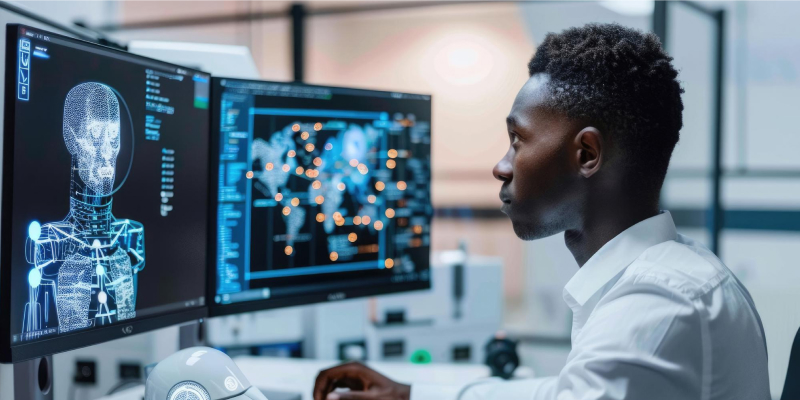Autoimmune Disorders is a health condition which takes place when our immune system attacks our body rather than defeating it. This reverse play is therefore considered a disorder. It can attack and affect almost any part of the body, including joints, skin, muscles, the digestive system, and even nerves. Autoimmune disorders, including rheumatoid arthritis, lupus, multiple sclerosis, and Crohn's disease, are chronic conditions that are frequently challenging to diagnose in their early stages.
In cases like this, our expertise internal medicine doctors come to rescue. Internal medicine emphasizes the diagnosis, treatment, and ongoing management of intricate, chronic diseases. These specialists are equipped to consider the entire context, rather than a single set of symptoms. Their process is particularly suited for autoimmune conditions, which frequently impact several systems simultaneously.
How Internal Medicines Helps?
In many cases, we have seen individuals suffering from autoimmune disorders who simply visit specialists before they get a proper diagnosis. This happens because these illnesses can present symptoms that show similar symptoms to other conditions. These symptoms include fatigue, pain, skin rashes, and digestive problems. Physicians specializing in internal medicine conduct a thorough examination of the patient's medical history, symptoms, and laboratory findings to determine the underlying issues.
There are situations when autoimmune disorders often coexist with other chronic conditions such as Type 1 diabetes or thyroid issues. Physicians specializing in internal medicine are adept at handling these concurrent ailments. They facilitate collaboration among various specialties, ensure that treatments do not conflict, and closely observe the patient's long-term health.
For instance, autoimmune disorders impacting the kidneys or urinary tract might require quick attention of both urology surgeons and medicine doctors. As doctors in internal medicine can direct patients to the appropriate specialist when needed, promoting timely intervention and minimizing the chances of complications.
The Role of Early Diagnosis and Long-term Care
Autoimmune diseases currently lack a cure but catching them early can really help in managing symptoms and slowing down their progression.
Doctors specializing in internal medicinetypically rely on a mix of blood tests, imaging scans, and family history to spot autoimmune activity. After a diagnosis, the main goal is to manage inflammation, alleviate pain, and avoid flare-ups.
Treatment plans typically involve medication, lifestyle changes, and ongoing monitoring. Since symptoms can evolve, internal medicine doctors are crucial in modifying care plans according to the patient's response. They also inform patients about triggers that might aggravate symptoms, like stress, infections, or diet. This ongoing, supportive care empowers patients to take charge of their health.
At HJ Hospital, We’re Here to Help
At HJ Hospital, you’ll see how life changes when you receive the right care. Our internal medicine team takes the time to listen, connect, and create treatment plans that are realistic and compassionate. We also work closely with our panel of specialists, including urology surgeons,to ensure patients receive complete, coordinated care.






 Jun 26, 2025
Jun 26, 2025


















